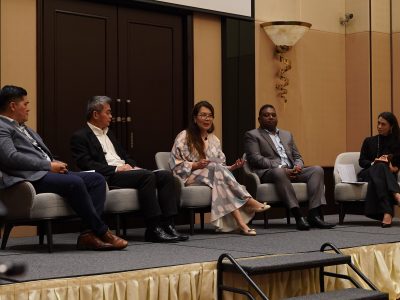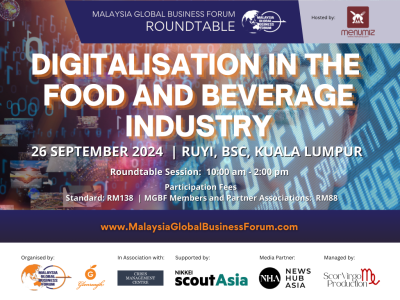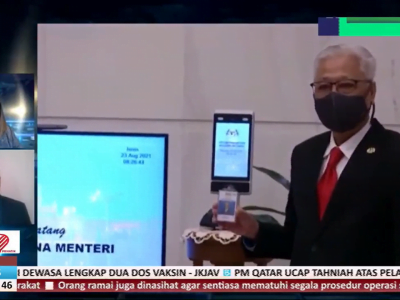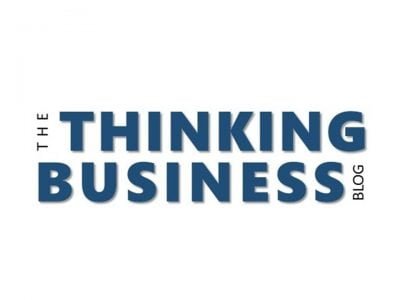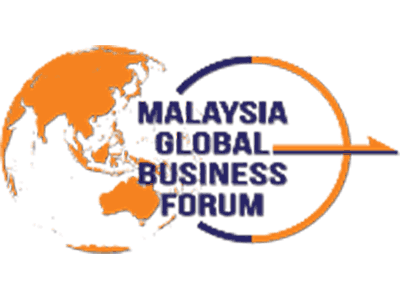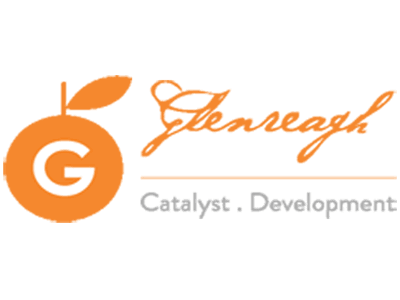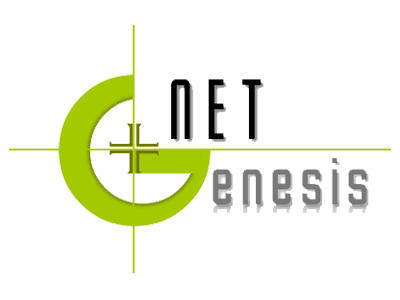Innovation, coupled with a radical departure from contemporary thinking, is required with a possible reality of a prolonged crisis becoming the new reality that people and companies must function through.
Malaysia Global Business Forum founding chairman Nordin Abdullah said innovation and resilience from all stakeholders will be required to shape a positive and sustainable future.
He said if workers and corporations alike were concerned about their shared financial realities, they would have to continue to adapt to the changing conditions during times of crisis to ensure production flows.
“A proposed solution could be the designation of ‘Strategic Production Zones’ in various locations around the country. Industrial zones that were also ‘green zones’ confirmed COVID-19-free and able to have managed flows of human capital together with production flows,” he said in a statement today.
A quick checklist of key components of what these zones would require, include but not limited to the following; close proximity to a port or airport, temporary onsite accommodation or centralised accommodation, medical screening facilities, additional onsite medical support, and central kitchens to ensure availability of food, he added.
In addition, Nordin said applying the concept of Fly-in Fly-out (FIFO), which is used in the mining and energy sectors to allow workers to be on site for a period of time and then flown out while being replaced by other workers.
This method would allow the expansion of production beyond the current highly critical food and medical supplies, he added.
“Can the concept of ‘Strategic Production Zones’ be applied to the current situation considering the country’s current capabilities?
“The police and armed forces have cordoned off various ‘red zones’ and various agencies have ensured that those in the affected areas receive food and medical attention,” he said.
At the same time, several risks have become accepted norms, including the movement of cargo overland and by air, reduced and registered workforce in critical industries, operation of the banking sector, and the controlled movement of the population to purchase food, to name a few.
Nordin said these combined factors leave space for the discussion between stakeholders for expanded production during this time.
He pointed out that while many small and medium enterprises (SMEs) have their heads on the cutting block, some of the larger corporations will not be far behind if supply chains and the related ecosystems grind to a halt.
“Supply chains are complex and this crisis has been a strict task master in the lessons of interrelatedness of local and international supply chains. While we attempt to flatten the COVID-19 infection curve we can’t ignore the steep learning curve has not changed,” he said.
Corporations that are chomping at the bit to return to partial or full production need to remember that at any level, a sustainable business model requires customers to remain alive to continue to buy goods and services well into the future, he said.
“On the flip side of the same coin, at this time it’s important to remember that public health is a luxury that is only made possible by a functioning economy,” he said.
This news featured on The Edge Market https://www.theedgemarkets.com/article/innovation-thinking-outside-box-required-endure-prolonged-crisis
Services
STAKEHOLDER ENGAGEMENT
BUSINESS INTELLIGENCE
GOVERNMENT RELATIONS
BUSINESS & BROADER MARKET ACCESS
Upcoming Events
‘A WORKING LUNCH WITH NORDIN’: NATIONWIDE TOUR WITH TOYOTA
MGBF Roundtable: Digitalisation of the Food and Beverage Industry
THE SOUTH CHINA SEA: A THREAT OF DISRUPTION FOR BUSINESS?
FOOD SECURITY IN THE BREACH: INDUSTRIALISATION AND WEAPONISATION
MGBF In The News
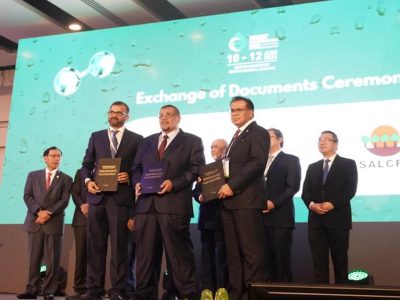
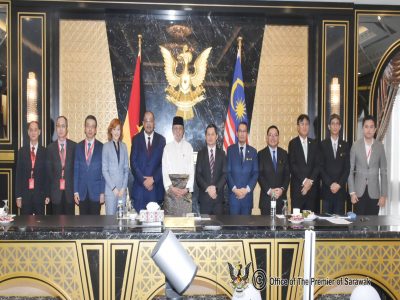

SPM and the Future of Data

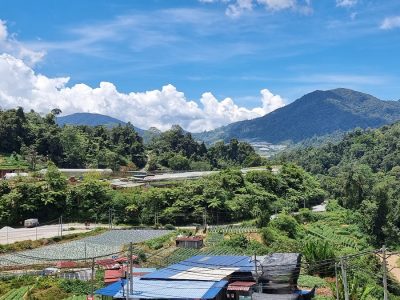
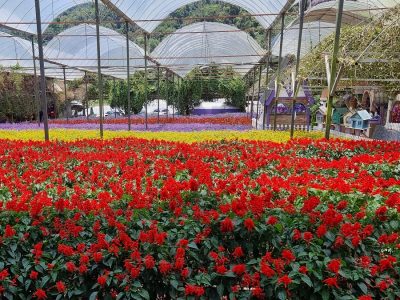
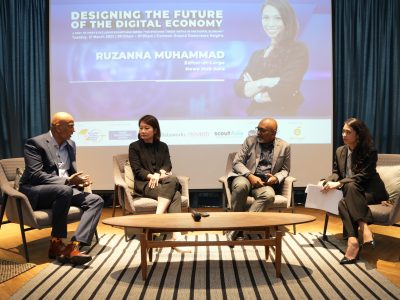
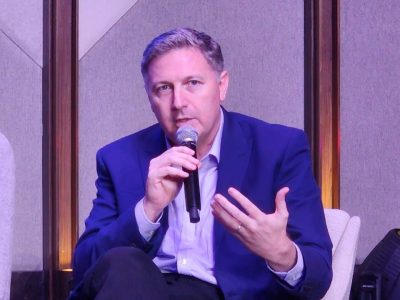
MGBF Roundtable to shape Malaysia’s future in the digital economy

MGBF: Political stability to usher in new era for business

Death by a Thousand Algorithms
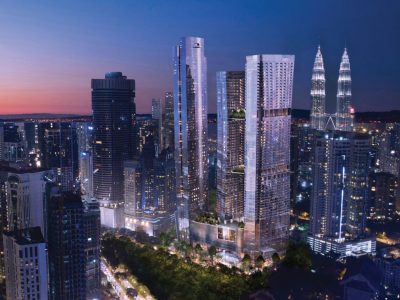
KSK Land recognised for investor attraction strategy
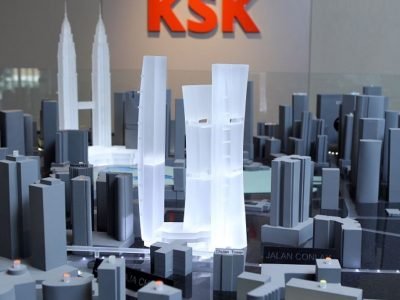
KSK Land set to drive further investment into Malaysia
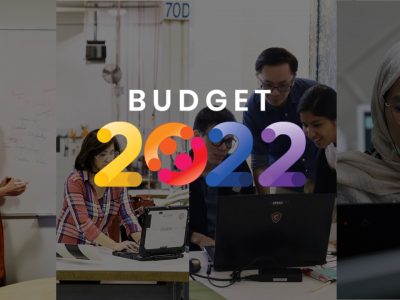
A Need for Strategic Calm
With Change Comes Opportunity
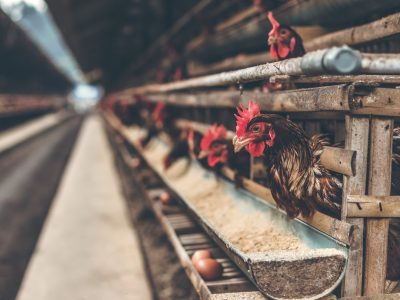

MALAYSIA GLOBAL BUSINESS FORUM TIES UP WITH SCOUTASIA
